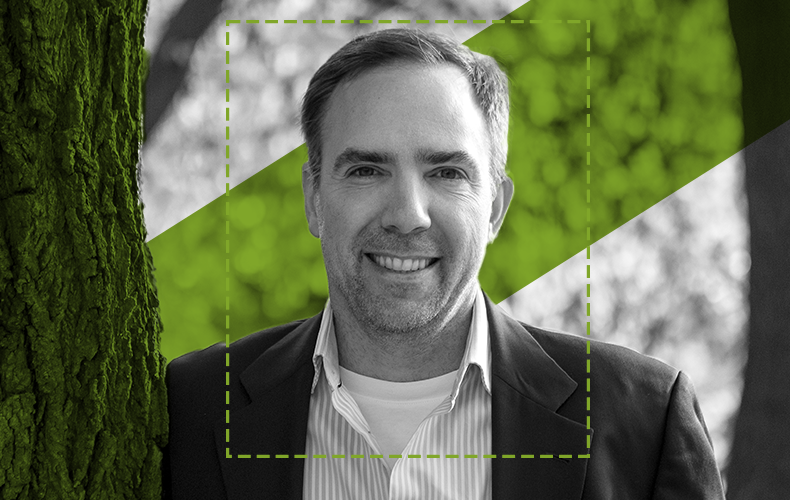16 April 2025 – We spoke with Saulius Klimašauskas about his research and its potential benefits to society, and the role election as an EMBO Member played in his career.
How did you start your research career?
I graduated as an organic chemist and then switched to bioorganic chemistry and then started working on bacterial DNA methyltransferases – first the biochemical aspects and later on sequencing and structural comparisons. During five years as a postdoc at Cold Spring Harbor we discovered an amazing mechanistic feature of these enzymes called DNA base flipping. This was the focus of my research for more than a decade when I returned to Lithuania and started my own research group there.
In 2005, in collaboration with the German scientist Elmar Weinhold, I came up with the idea that we could re-engineer these enzymes to turn them into tools for labelling their substrates in DNA and RNA. We then developed robust methods for epigenome profiling to label unmethylated CpG sites in the genome and we can then extract them, analyze them and do high resolution mapping.
Lately we turned to similar engineering of much more complex mammalian DNA methyltransferases inside live cells. Now we are working with redesigned mammalian cells and trying to adapt these systems for epigenetic studies in vivo.
What encouraged you along that path?
Because of my specific background I worked in a niche that I created myself, but it was interesting to others as well. There was not very strong competition and there are only a few groups in the world working along similar lines so we collaborated. But it is not like most mainstream research where you have to be very fast! We are creating methods and tools. We’re like engineers in a way creating tools for other research groups. The response is not always immediate. It takes a few years for others to realize, and we have to publish a couple of papers to show that it works.
Do you have an idea where this might lead?
We have licensed some of these tools and a company in England will be using these in developing early detection of cancer from liquid biopsies from blood or saliva using covalent labeling as this is very robust and you can achieve high sensitivity this way.
In many other methods people use antibodies and similar binding modes and these are non-covalent so are not that robust.
With genetic information you can extract a sequence and pick up mutations, but these mutations are not that abundant, and you need a much more advanced stage of disease to detect them.
If you track epigenetic modifications and do sequencing, and you map them, then you have these markers which are much more sensitive. Every cell in an organism has the same genome (DNA sequence); but epigenomes vary in a cell type-or disease state- specific manner so you can determine from which organ the particular DNA came and have an indication where to look with other tools.
I am still doing a combination of basic and applied research but need somebody else to bring our tools to real medical applications.
What drives you?
Curiosity and maybe some creativity. You want to create, like an improvising performer in a way. Being able to modify things the way you want means you probably do understand how they really work. Otherwise, you can say ‘this is important’ but it is very hard to really prove it.
How important is EMBO for the life sciences in Lithuania?
It is really important. We have Fellowships and Installation Grants and the status and the connections these people get is important. They become part of a bigger community and can exploit their potential much better. I have heard this from many people here who were awarded these grants.
What has EMBO membership meant for you?
It’s high recognition and prestige, especially locally. It opened many doors for me and I believe it led to this special distinguished professorship – there are only eight in the whole university from different fields. EMBO membership is “proof of quality” because from Lithuania and smaller countries sometimes people don’t know what to expect.
Would you call yourself a chemist or a biologist or both?
My thinking is still more “chemical thinking” and my publications are often in chemistry journals. But it’s a mix, chemistry is a powerful tool to help address complex biological questions.
What advice would you give a student considering a life sciences career?
The most important thing is to have very good teachers and advisors to help you work out how to think and how to behave, and you have to be happy with your work!



